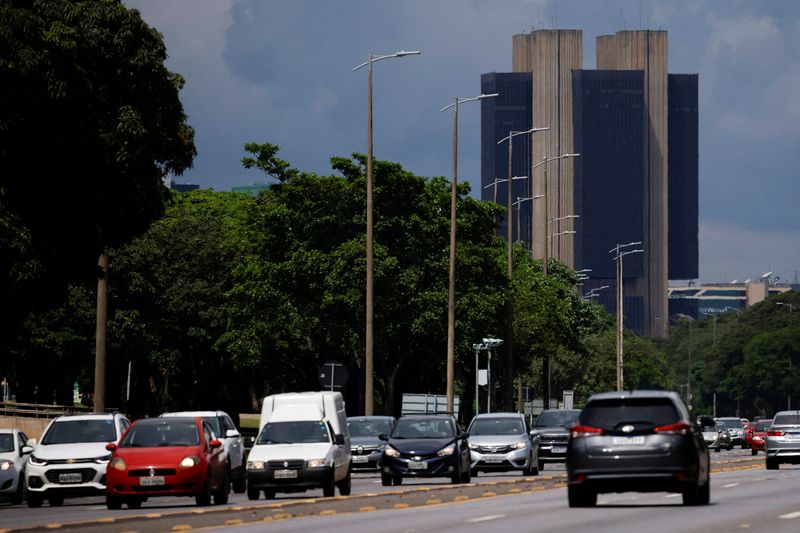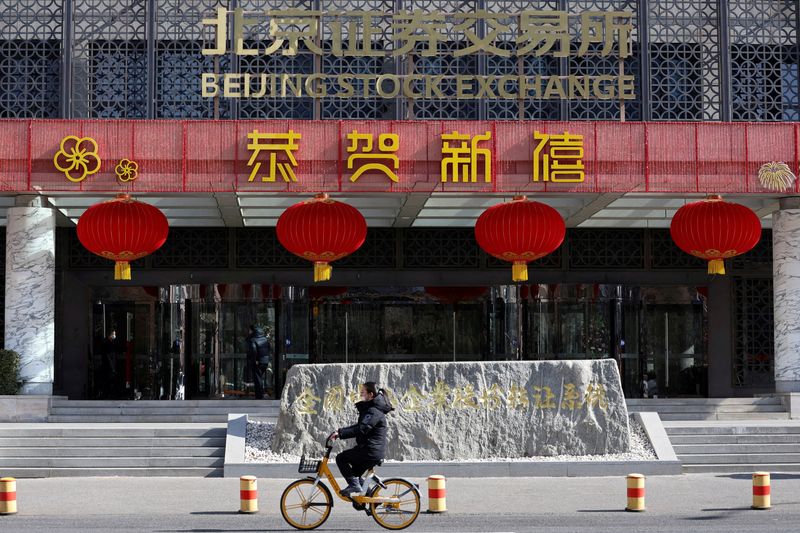UP approves GCC policy to boost growth in tier 2 and tier 3 Cities
Uttar Pradesh's GCC policy offers incentives to global firms setting up in tier 2 and 3 cities, aiming to boost regional economic growth.


The Uttar Pradesh Cabinet has approved a new policy aimed at encouraging multinational companies to set up Global Capability Centres (GCCs) in the state’s smaller cities. The move is part of a wider plan to decentralise economic development and create job opportunities beyond major urban hubs.
GCCs, also known as global in-house centres, are offshore units set up by companies to handle operations such as IT services, finance, human resources, and analytics. These centres have traditionally been based in metro areas, but the new policy hopes to attract them to emerging cities in Uttar Pradesh.
Focus on regional growth
According to senior government officials and documents reviewed by The Hindu BusinessLine, the policy is designed to drive investment into tier 2 and 3 cities like Kanpur, Varanasi, Gorakhpur, and Bareilly. The goal is to spread economic activity across the state and tap into the skilled workforce outside the National Capital Region (NCR).
The state government has outlined a number of financial incentives to make this shift more attractive. These include land subsidies, stamp duty waivers, operational cost reimbursements, and payroll support for companies that hire locally.
Key benefits for companies
Under the policy, companies setting up GCCs in eligible areas may receive:
- Land subsidies of up to 50%, depending on the city
- 100% exemption on stamp duty for land and office purchases
- Up to 25% capital investment subsidy
- Operating cost support, including lease rent, power, and bandwidth
- Salary reimbursements for employees from Uttar Pradesh
- Incentives for hiring fresh graduates from within the state
There are also provisions for training and internships, with subsidies aimed at boosting skills development and collaboration with local institutions.
A hub-and-spoke model
The policy follows a hub-and-spoke model, where large centres in key cities are supported by smaller units in nearby towns. Officials say this model can help bring business services closer to rural areas while maintaining links to bigger commercial centres.
The government expects the policy to generate thousands of new jobs over the next five years, especially for young professionals in IT, finance, and customer service. By providing incentives for companies to invest outside traditional hotspots like Noida and Greater Noida, the policy also aims to ease pressure on existing urban infrastructure.
Part of a broader push
The GCC policy is one of several recent steps by the Uttar Pradesh government to boost its digital economy and attract foreign and domestic investment. It aligns with the state’s broader efforts to improve infrastructure, develop industrial corridors, and promote skill development.





























































































































































































